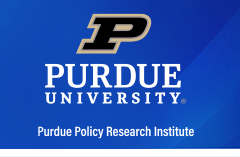Abstract
Since the first use of modern chemical weapons in World War I, Weapons of Mass Destruction (WMDs) have improved drastically in lethality and longevity. These advances in weapons production, coupled with civilian industries that can be rapidly converted to produce these weapons, provide a serious concern to the future of global security. For these reasons, further action is needed by stakeholders, specifically the United Nations (UN) and global superpowers, to curtail the development, proliferation, and WMDs utilization, for both domestic and international peace and prosperity. Following are two ways the future security of WMDs can be addressed by the aforementioned stakeholders:
• Maintain status quo with current treaties and preventive measures
• Revamp arms treaties and ensure there are consequences for violations
Each of these issues is described and discussed in this brief. To understand the gravity of the policy decisions that must be made in regard to WMDs, we present a brief background, WMDs’ risks and benefits, maintaining the status quo of WMD policy, and offer policy alternatives and recommendations.
Recommended Citation
Burn, Gavin; Probst, Josiah; and LeMire, Quintin
(2021)
"The Future of Weapons of Mass Destruction,"
Student Papers in Public Policy: Vol. 3
:
Iss.
1,
Article 5.
Available at:
https://docs.lib.purdue.edu/sppp/vol3/iss1/5

